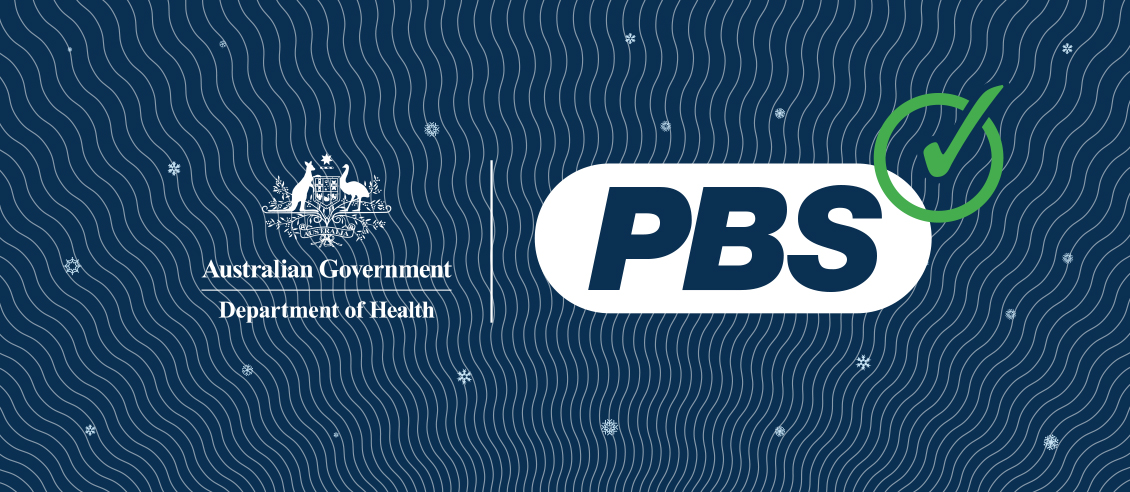Australia funds new treatments for blood cancer

Chronic lymphocytic leukaemia (CLL) and small lymphocytic lymphoma (SLL)
As of September 1st 2020, patients with relapsed/refractory CLL and SLL considered unsuitable for treatment or retreatment with a purine analogue (a chemotherapy agent) will have access to acalabrutinib. One of the criteria for purine analogue ineligibility is the presence of ‘del17p’ which is a genomic abnormality. The government currently funds this genomic test however the team at the Wilson Centre for Lymphoma Genomics have discovered that a different genomic abnormality (TP53 mutation) actually finds a greater proportion of patients that will be purine analogue refractory. The government currently does not fund this test resulting in patients that are potentially resistant to chemotherapy not being detected ahead of treatment. Through the Wilson Centre, Snowdome helps funds not only the research to uncover breakthroughs like the TP53 mutation discovery but also funds the TP53 mutation genomic test. Like you, we believe every Australian blood cancer patient should be given the best opportunity for a cure and that starts with understanding everything you can about your individual blood cancer through genomic testing.
B-cell lymphoma
Patients with relapsed or refractory primary mediastinal B-cell lymphoma will now have access to pembrolizumab via the Pharmaceutical Benefits Scheme (PBS).
Multiple Myeloma
Not yet on the PBS however the anti-CD38 monoclonal antibody daratumumab has received a positive recommendation from the Pharmaceutical Benefits Advisory Committee (PBAC) for PBS listing as a second line treatment in combination with bortezomib and dexamethasone for patients with multiple myeloma (MM). Hopefully daratumumab will be listed on the PBS in December this year and if it is, it will be the first new agent with a different mode of action against myeloma to be reimbursed in Australia for 13 years. This has been a long awaited approval and highlights the importance of clinical trials in Australia to enable patient access to new therapies while we await registration and funding. Sadly, this is often years behind other countries.
Daratumumab manufacturer, Janssen has offered to provide daratumumab monotherapy on a compassionate basis to all eligible relapsed and/or refractory MM patients who have no other PBS funded treatment options.
